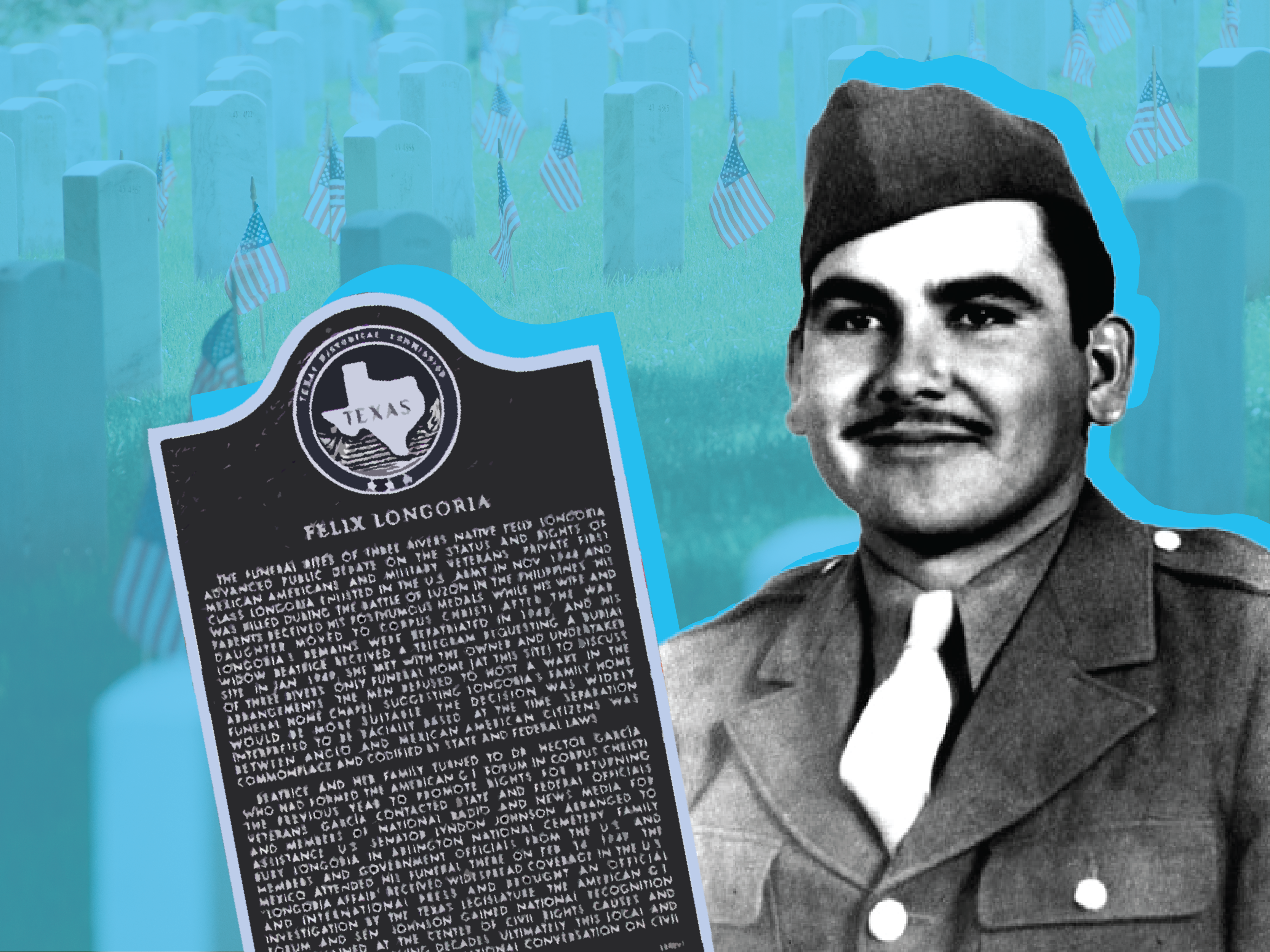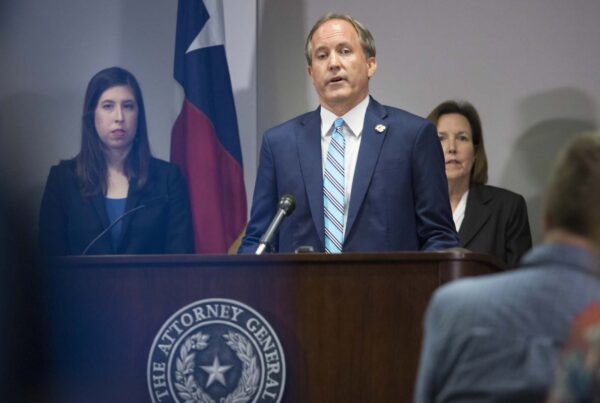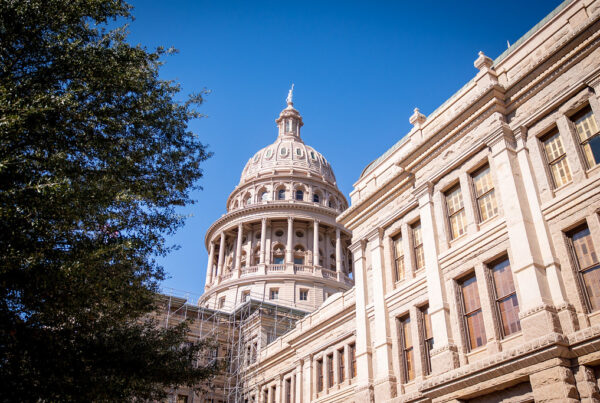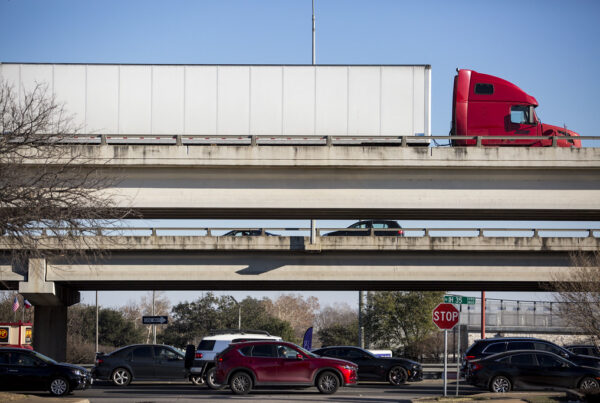From the Voces Oral History Center:
Before World War II, Felix Longoria sometimes worked in oil fields, other times helping with his father’s fencing business in Three Rivers, about an hour northwest of Corpus Christi. He was a husband and the father of a small daughter.
Longoria enlisted in the Army in the fall of 1944 when he was 26 years old. He was shipped to the Philippines. In June, 1945, Longoria was killed in action. As was the custom at the time, he was buried in the Philippines. Later, Beatrice Longoria, the soldier’s widow, asked for her husband’s remains to be exhumed and returned to his hometown.
“His widow approached the funeral home to get a viewing of the body, to get a wake,” said historian Julie Pycior, who has researched the Felix Longoria story. “The funeral home director refused to let this veteran be in this funeral home … because the whites wouldn’t like it.”
It was a time of racial segregation throughout the country. In Three Rivers, Mexican Americans stayed on one side of town, Anglos on the other.
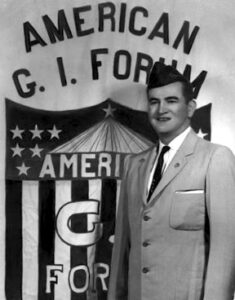
Hector P. Garcia founded the American GI Forum to advocate for Mexican American veterans. Public domain photo
The war had given new energy to the Mexican American civil rights movement. In nearby Corpus Christi, Hector P. Garcia had launched a new civil rights organization for Mexican American veterans called the American GI Forum. Garcia was a physician and veteran. Beatrice Longoria reached out to Garcia and he got the same response from the funeral home: Mexican Americans were not allowed to hold wakes there because it would upset the Anglo community.
“A local civil rights leader in Texas recognized that of all the discrimination that Mexican Americans were facing, this was the one issue that the average American across the country would resonate with,” Pycior said. “They wouldn’t resonate with segregated schools or Mexicans or Mexican Americans not serving on juries. They would resonate with this.”
A local newspaper carried a story about the incident and soon it made national headlines. Garcia sent 17 telegrams to state and national officials, asking for an investigation. The junior senator from Texas at the time was Lyndon B. Johnson. Johnson offered to bury Felix Longoria at Arlington National Cemetery with full military honors. Checks, cash and coins were mailed to Hector P. Garcia from individuals throughout the country to cover costs for the Longoria family to fly to Washington for the funeral.
Johnson’s intervention was lauded by some, but he also was blasted.
“Civil rights was controversial back then… the state Legislature had hearings, investigating and challenging what Dr. Hector Garcia and Sen. Johnson were saying,” Pycior said.
The funeral home director and Three Rivers city leaders denied that racism was to blame for what had happened – that it was a misunderstanding. The mayor offered to hold the wake at his own home. But Felix Longoria ended up at Arlington National Cemetery.
The Felix Longoria affair, or incident, galvanized Mexican Americans to demand equal treatment. It elevated the young American GI Forum organization to national prominence. And although LBJ lost some supporters, he won over a generation of Mexican American voters.
The Felix Longoria affair became the subject of books, dissertations and a documentary. Beatrice Longoria didn’t like talking about what had happened. Many years later, she said it still hurt too much.


